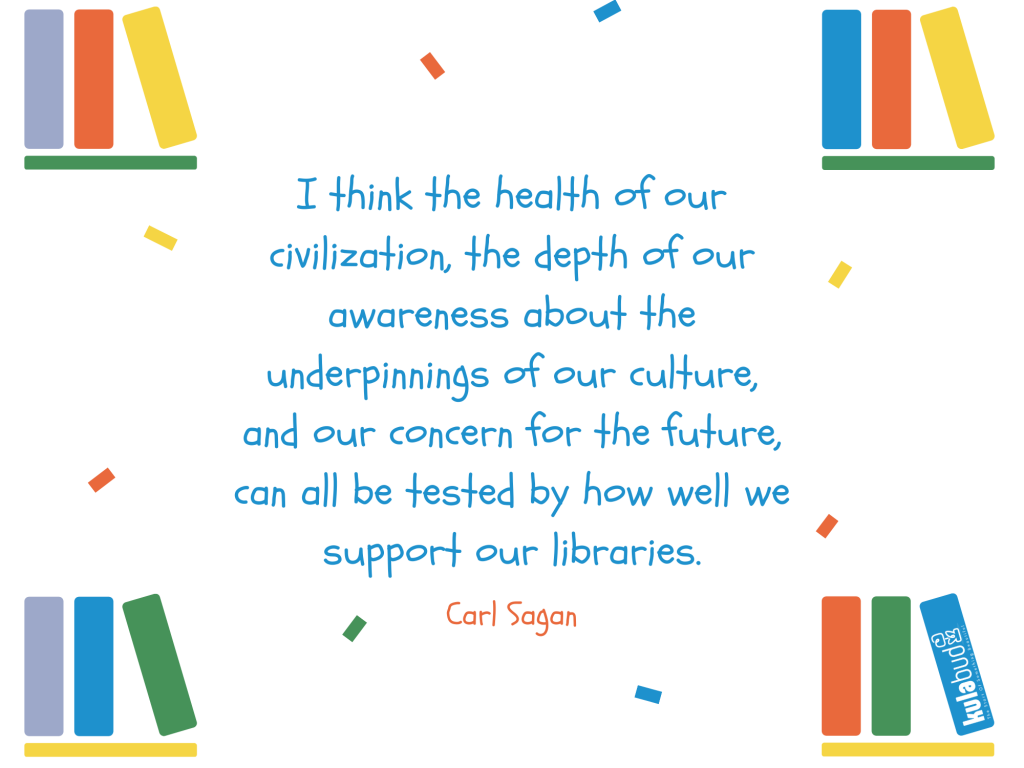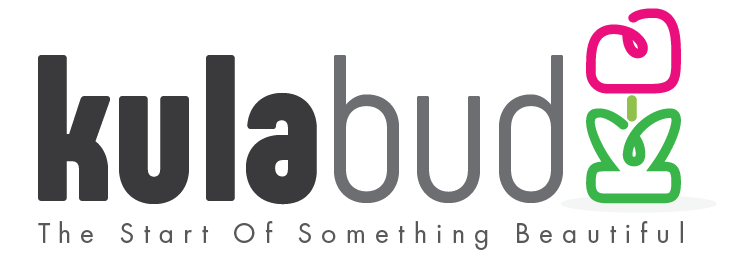Why It’s Important to Read with Your Child
- January 20, 2020
- Posted by: Kerry Belgrove
- Category: Featured , Newborns , School-going Children , Speech & Language Development , Toddlers & Preschoolers ,

Digital technologies are having an increased influence on the daily lives of our young children today, and reading a book for enjoyment appears to be a dying trend. It’s easy for us to forget that one of the most important factors contributing to successful literacy development is whether a child was read to when he/she was younger. Research has proved consistently that shared reading facilitates the development of skills that are fundamental to later academic achievement. The term “shared reading” refers to all the instances when you read to your child, pausing to engage in discussion about the text including the story, pictures, words and letters, as well as responses and connections to experience.
You may also be interested in reading how singing to your children can help their speech and language development.
Participation in shared book reading early on in childhood has been associated with gains in a child’s emergent literacy and future reading development. Emergent literacy begins at birth and continues through the preschool years, and involves the learning of skills important to the development of reading and writing. It includes knowledge of the role of print as a communication device, knowledge of the sound structure of oral and written language, and knowledge of the nature of letters and other print symbols we use.
By providing a number of literacy experiences in your home, you are able to assist in increasing your child’s awareness of and interest in language beyond the spoken word. Storybook reading provides an interactive context that can be highly appealing and engaging for your child. Studies have shown that within this context, vocabulary development and conversational participation are also facilitated, even in children who may be vulnerable to developmental delays.
It is therefore incredibly important that you spend time reading with your child every day. A good way of getting started is to request information directly presented in the text or pictures of your child’s storybook, such as labelling and describing objects. You can also ask your child to infer things such as meanings of words, feelings and attitudes of characters, similarities and differences between people or events, and making connections between information provided in the text and world knowledge.
A friend of mine recommended that I get a local library card as soon after my little one’s birth as possible. What a wonderful idea – endless opportunities to promote your child’s literacy and language development with exposure to an array of different literature, at no cost – provided you return your books on time!

